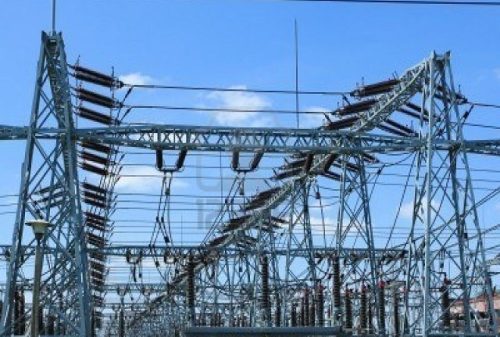The Nigerian electricity market is embroiled in a jurisdictional dispute between states and the federal regulatory body, the Nigerian Electricity Regulatory Commission (NERC), over the authority to set electricity tariffs. States, emboldened by recent constitutional alterations and the 2023 Act, assert their exclusive jurisdiction over electricity distribution, including tariff setting, regardless of connection to the national grid. NERC, however, maintains that states lack jurisdiction over the national grid and power stations established under federal laws, emphasizing that tariff adjustments by states must incorporate wholesale grid supply costs to avoid market distortions and financial crises.
The controversy ignited when the Enugu Electricity Regulatory Commission (EERC) slashed the tariff for Band A customers, prompting NERC to issue a cautionary statement. NERC argues that states’ interference with tariff structures could jeopardize the financial stability of the national grid and the wholesale electricity market. Generation and distribution companies echo NERC’s concerns, emphasizing that states cannot dictate the price of electricity they do not generate.
Enugu State, however, defends its tariff reduction. Joe Aneke, the Special Adviser to the Enugu Governor on Power, clarifies that the EERC’s new tariff solely focuses on distribution costs without impacting generation and transmission, which remain under NERC’s purview. He argues that the EERC’s detailed analysis of distribution costs, including scrutinizing figures provided by the distribution company, MainPower, revealed inflated claims. Aneke contends that by addressing these inflated costs, the EERC achieved a justifiable tariff reduction while ensuring fair pricing for consumers and sustainable returns for investors.
Aneke provides a specific example of MainPower’s N9 billion recovery claim, which the EERC reduced to N7.5 billion after verification. He questions the rationale behind such inflated claims and emphasizes the EERC’s commitment to protecting both consumers and investors by ensuring fair pricing and reasonable returns. He further argues that other states can similarly reduce tariffs by scrutinizing the distribution costs within their jurisdictions and determining accurate tariffs based on verified data. The EERC’s willingness to engage with MainPower, who have filed a petition rejecting the tariff cut, underscores the commission’s commitment to transparency and due process.
Counter to Enugu’s position, Jennifer Adighije, the Managing Director/CEO of the Niger Delta Power Holding Company (NDPHC), argues against state-level tariff adjustments. She emphasizes that the NDPHC, being federally regulated and grid-tied, operates under NERC’s jurisdiction. Adighije contends that states can only regulate electricity costs when they control the entire value chain, from generation and transmission to distribution. She reinforces the notion that state intervention in tariffs for grid-connected power sources disrupts the existing regulatory framework.
However, Biodun Ogunleye, the Lagos State Commissioner for Energy and Mineral Resources, challenges Adighije’s assertion, pointing to provisions within the Multi-Year Tariff Order (MYTO) that allow market participants to submit proposals for tariff adjustments, in both upward and downward directions. Ogunleye’s stance supports the states’ right to advocate for lower tariffs, suggesting that mechanisms exist within the current framework to accommodate such proposals. This disagreement underscores the fundamental tension between federal and state authority in regulating the electricity market. The debate continues, raising questions about the balance of power in the Nigerian electricity sector and the most effective way to ensure fair and affordable electricity for consumers.














